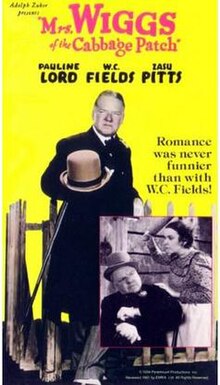
Billy Rose was an American impresario, theatrical showman, lyricist and columnist. For years both before and after World War II, Billy Rose was a major force in entertainment, with shows such as Billy Rose's Crazy Quilt (1931), Jumbo (1935), Billy Rose's Aquacade (1937), and Carmen Jones (1943). As a lyricist, he is credited with many songs, notably "Don't Bring Lulu" (1925), "Tonight You Belong To Me" (1926), "Me and My Shadow" (1927), "More Than You Know" (1929), "Without a Song" (1929), "It Happened in Monterrey" (1930), and "It's Only a Paper Moon" (1933).

Alice Hegan Rice, also known as Alice Caldwell Hegan, was an American novelist. Her 1901 novel Mrs. Wiggs of the Cabbage Patch became a play and four films.

The Cadillac Palace Theatre is operated by Broadway In Chicago, a Nederlander company. It is located at 151 West Randolph Street in the Chicago Loop area.
Jimmy Butler was an American, juvenile, motion-pictures actor, active in the 1930s and early 1940s.
Edward Francis Tamblyn was an American actor. He was the father of actor Russ Tamblyn and keyboardist Larry Tamblyn, and the grandfather of actress Amber Tamblyn.

Lillian Elliott was a stage and film actress, appearing in 60 films between 1915 and 1943. She was born in Canada and died in Hollywood, California. She was married to actor James Corrigan, and their eldest son, Lloyd Corrigan, became a Hollywood writer, director, and character actor.

Ethel Griffies was an English actress of stage, screen, and television. She is remembered for portraying the ornithologist Mrs. Bundy in Alfred Hitchcock's classic The Birds (1963). She appeared in stage roles in her native England and in the United States, and had featured roles in around 100 motion pictures. Griffies was one of the oldest working actors in the English-speaking theatre at the time of her death at 97 years old. She acted alongside such stars as May Whitty, Ellen Terry, and Anna Neagle.
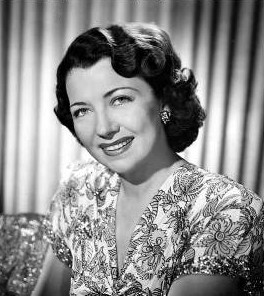
Barbara Jo Allen was an American actress. She was also known as Vera Vague, the spinster character she created and portrayed on radio and in films during the 1940s and 1950s. She based the character on a woman she had seen delivering a PTA literature lecture in a confused manner. As Vague, she popularized the catchphrase "You dear boy!"

Lovey Mary is a 1926 American comedy-drama film directed by King Baggot, with Bessie Love in the title role. It is based on the 1903 novel of the same name by Alice Hegan Rice, a sequel to Rice's Mrs. Wiggs of the Cabbage Patch. It was distributed by Metro-Goldwyn-Mayer.

Anne Crawford Flexner born Anne Laziere Crawford, was an American playwright.
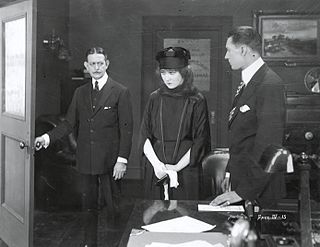
Mrs. Wiggs of the Cabbage Patch is a 1919 silent American comedy-drama film produced by Famous Players–Lasky Corporation and distributed through Paramount Pictures. Directed by Hugh Ford, the film stars Marguerite Clark and is based on the 1904 Broadway play by Anne Crawford Flexner, which itself is taken from the novel of the same name by Alice Hegan Rice.

Mrs. Wiggs of the Cabbage Patch is a 1901 novel by American author Alice Hegan Rice, about a southern family humorously coping with poverty. It was highly popular on its release, and has been adapted to film several times. The early editions of the book carry the author's birth name, Alice Caldwell Hegan.
Mrs. Wiggs of the Cabbage Patch is a 1942 American comedy-drama film starring Fay Bainter and directed by Ralph Murphy. It was based on the play by Anne Crawford Flexner that premiered on Broadway in 1904, which was in turn adapted from the 1901 novel of the same name by Alice Hegan Rice.
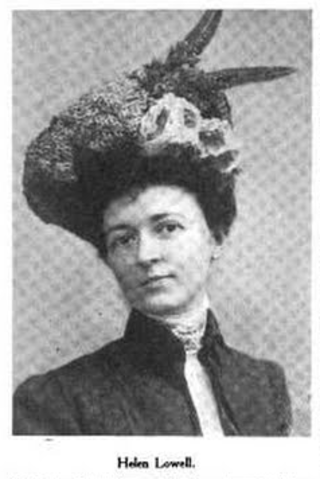
Helen Lowell, born Helen Lowell Robb (1866–1937), was an American stage and film actress.
Wiggs is a surname. Notable people with the surname include:
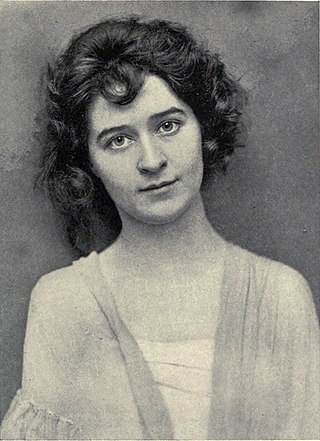
Charlotte Alice Alter was an American actress on stage and in silent films.

Mrs. Wiggs of the Cabbage Patch is a 1914 American silent comedy drama film directed by Harold Entwistle and starring Beatriz Michelena, Blanche Chapman and House Peters. It is based on the 1903 play by Anne Crawford Flexner, which itself is taken from the 1901 novel of the same name by Alice Hegan Rice.

Lovey Mary is a 1903 novel by the American writer Alice Hegan Rice. The novel was first serialized in the monthly Century Magazine beginning in December 1902, then was published in book form by The Century Company on February 28, 1903. It was a sequel to the author's 1901 novel Mrs. Wiggs of the Cabbage Patch. The book contains eighteen illustrations by Florence Scovel Shinn, one of which is reproduced on the cover. The story spans three years in the life of Lovey Mary, an orphan who finds acceptance among the poor folks of the Cabbage Patch, an area which was inspired by Rice's personal experiences growing up in Kentucky.

Mrs. Wiggs of the Cabbage Patch, is an 1903 comedy by American author Anne Crawford Flexner. It was based on two books by Alice Hegan Rice, Mrs. Wiggs of the Cabbage Patch (1901) and Lovey Mary (1903). It has three acts and two settings, all within the "Cabbage Patch", an impoverished neighborhood on the fringes of Louisville, Kentucky. The character-driven play covers three weeks time and has multiple storylines, including an ill-starred mail-order marriage, two refugees from an orphanage, the return of a long-lost husband, and a handful of young romances.
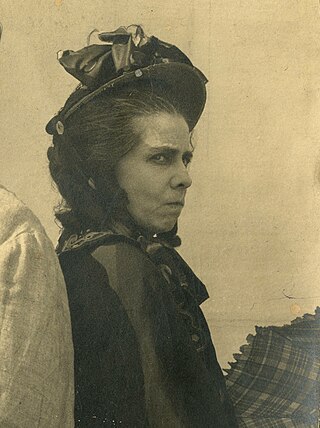
'Vivia Ogden was an American film and stage actress and producer whose career spanned the 1910s and 1920s.
